
“From Dysfunction to Resilience: A Good Road to Travel” by Tom Ersin
Growing up with dysfunction can cause lifelong mental health and emotional issues along with physical disorders caused by extreme chronic (long-term) stress. Seek education and support for yourself if you have a family member or other loved one who has exhibited persistent dysfunctional behavior. Whether or not that person wants or gets help, you’ll learn what you can do to help yourself. If you grew up with a parent or guardian who was that member, learn how to break the cycle, get yourself well, and raise children to go out into the world without the emotional baggage you had.

“Crossing the Bridge into the Second Half of Life” by Christina Becker
The Initiation into the Second Half of Life
The road that would take us to the top of the mountain in Southern India was very narrow and winding. I felt a mixture of awe and anxiety as the bus driver swerved around the sharp turns avoiding oncoming traffic. This road could not possibly accommodate two directions; miraculously it did. Outside of my bus window, a hillside tea plantation stretched for as far as the eye could see. Women carried large woven baskets which hung from their heads and were harvesting the tea leaves
SUPPORT: The Jungian Path

“Reflecting on Reflecting” by Thomas Moore
One of the key activities of the psyche is to reflect on events and experiences. If we have no reflection, we act on passions and impulses that then do not have the advantage of being processed by the mind, references to memory and history and personal and social culture in general. It is this cultural background that civilizes us, which means we can live in community because we can process our feelings and enthusiasms. Reflection makes our strong emotions available for life with others, so that we live by emotion and reflection as two coordinating activities that support each other.

“The Unlikely Christianity of René Girard” by Pascal-Emmanuel Gobry
Too few people know about René Girard, who passed away on Nov. 4, 2015 at 91. He was undoubtedly one of the most important men of the 20th century.
A longtime professor in the U.S., Girard was perhaps destined to leave France, the country of his birth. He had not come up through the ranks of its factory for intellectuals, the tiny and elite École Normale Supérieure. He was of no trendy intellectual school of thought; he was no post-modernist or post-structuralist — until, that is, he ended up quite involuntarily hailed as the founder of one. And he was a Christian.
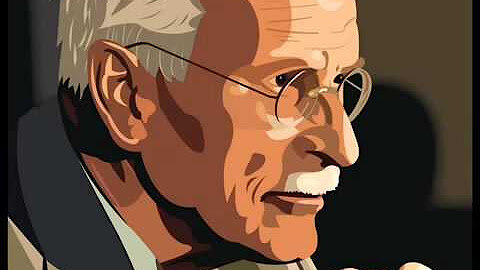
“Tribute to Carl Jung” by Alan Watts — and Jung’s Lecture (excerpt) ‘The Shadow Self to Religious Life’
I’m sitting late at night in a lonely cottage in the country surrounded by many favorite books which I’ve collected over a number of years. And as I look up at the shelves, I see that there’s a very large space. Occupied by the volumes of one man. Carl Gustav Jung, who left this world not more than a few weeks ago. And I’d like to talk tonight about some of the great things that I feel that Jung has done for me. And also the things which I feel to be his enduring contributions toward the science of psychology of which he was such a great master. I began to read Jung when I first began to study Eastern philosophy in my late adolescence. And I’m eternally grateful to him for what I would call a sort of balancing influence on the development of my thought. As an adolescent, in rebellion against the sterile Christianity, in which I was brought up, I was liable to go absolutely overboard for exotic and foreign ideas. Until I read the extraordinarily wise commentary that he wrote to Richard Wilhelm’s translation of the Chinese Taoist text called the “Secret of the Golden Flower.” And it was Jung who helped me to remind myself that I was by, upbringing in by tradition, always a Westerner and I couldn’t escape from my own cultural conditioning.

5 Steps to Develop Self-Compassion & Overcome Your Inner Critic by Birgit Ohlin, MA, BBA
If you were to go on a journey with someone for several decades, how important would the relationship between the two of you be?
Wouldn’t you make an effort to ensure you got along well? Wouldn’t you want to make sure the relationship between the two of you was positive and supportive?
The journey of life, the one we’re all on right now, isn’t so different from that hypothetical journey. Except rather than spending time with another person, our constant companion is the voice inside our heads. But for many of us, the relationship between ourselves and that voice isn’t so positive.
Be a supporter of PositivePsychology.com

"The Disease of Being Busy" (excerpt) by Omid Safi
In many Muslim cultures, when you want to ask them how they’re doing, you ask: in Arabic, Kayf haal-ik? or, in Persian, Haal-e shomaa chetoreh? How is yourhaal?
What is this haal that you inquire about? It is the transient state of one’s heart. In reality, we ask, “How is your heart doing at this very moment, at this breath?” When I ask, “How are you?” that is really what I want to know.
SUPPORT “ON BEING” AND OMID SAFI’S WRITINGS

"The Self-Hatred Within Us" by Sharon Salzberg
I often think about a memorable conversation I had with His Holiness the Dalai Lama in 1990 while we were at a small conference in India sponsored by the Mind & Life Institute. At one point during the event, I had an opportunity to ask the Dalai Lama a question, so I ventured,
“Your Holiness, what do you think about self-hatred?”
He looked at me seeming somewhat confused and asked in response: “What’s that?”
BE A SUPPORTER OF HIS HOLINESS AND THE WORK OF MS. SALZBERG

Maslow’s Hierarchy of Needs and the World’s Religions by Laura E. Shulman
The human pursuit of religion serves a function in our lives. There is a purpose or goal to being religious. Be it the goal of salvation or enlightenment, comfort and guidance for living a moral life, or any of a number of other “higher” purposes in life, religions clearly encourage us to move beyond a life motivated by self-centeredness and pure animal instincts for mere survival. This observation about the ultimate goals, purpose or function of religion can be related to the classic theory of a hierarchy of human needs proposed by Abraham Maslow (1908-1970). 1,2
Religion tends to fulfill the higher needs. Starting with a need for the comfort and camaraderie of community, religion also addresses our need to respect and be respected by others [the “Golden Rule”] and, ultimately, to be all that we can be as “God” created us to be or, in the case of many Eastern religions, to become “enlightened” – thus “self-actualized”.
PLEASE SUPPORT RELIGIOUSTOLERANCE.ORG

"Fear and Anger" by Jack Kornfield
Aversion, anger, and hatred are states of mind that strike against experience, pushing it away, rejecting what is presented in the moment. They do not come from without. This insight is a reversal of the ordinary way we perceive life. “Usually,” says Ajahn Chah, “we believe outer problems attack us.” Things are wrong and people misbehave, causing our hatred and suffering to arise. But however painful our experiences may be, they are just painful experiences until we add the response of aversion or hatred. Only then does suffering arise. If we react with hatred and aversion, these qualities become habitual. Like a distorted autoimmune response, our misguided reaction of hatred does not protect us; rather, it becomes the cause of our continued unhappiness.
BE A SUPPORTER OF MR. KORNFIELD’S WORK

"Love and Honesty: What We Hide and Why We Lie" by Sarah May Bates
Why sometimes people aren’t honest with us and sometimes we’re not honest with ourselves.
This one’s written for a person who contacted me who’s newly single and dating quite a bit. He has a few different partners and has had a lot of difficulty saying he is doing so because it goes against everything he wants in the moment.
I want to talk about honesty and dishonesty and how it comes into play in relationships. So if you’re the type of person who dates and doesn’t tell the other person where you’re really at – or if you’re super jealous and suspicious about your partner and it drives you mad, this is for you.
Just to be clear – this is not about the trivial niceness lies that don’t come up often – like telling someone you love the pie they made, or saying you have to cancel plans because of work when it’s really because you don’t feel like going out. This is about emotional honesty – the habits and ways of being that seem small, but actually create who you are and how you form bonds with others. Because the simple act of being honest can change your life in awesome earth-shattering ways.
BE A SUPPORTER OF MS. BATES’S WORK

"The Cost and Benefits of Emotional Honesty" by Linda and Charlie Bloom
"He who dares not offend cannot be honest." -Thomas Paine
"Most of us feel that others will not tolerate emotional honesty. We would rather defend our dishonesty on the grounds that it might hurt others; and having rationalized our phoniness into nobility, we settle for superficial relationships." from Why Am I Afraid to Tell You Who I Am? by John Powell.
One of the main factors that sets great relationships apart from merely good ones is the depth of emotional intimacy. There are, of course other factors that contribute but authenticity, vulnerability and deep emotional connectedness are right up there at the top of the list. When two people commit themselves to the process of deep diving (into the soul or the psyche) they become, in the words of our friend Sam Keen, "psychonauts", who unlike astronauts who explore the outer reaches of space, choose rather to explore the inner reaches of the heart and mind. Both types of exploration require courage, curiosity, motivation, and a spirit of adventure.
BE A SUPPORTER OF PSYCHOLOGY TODAY AND THE BLOOM’S

"The Sacred Feminine Today" by Llewellyn Vaughan-Lee
Today there is a resurgence of interest in the sacred feminine. The immense popularity a few years ago of Dan Brown’s The Da Vinci Code spoke not just to our enjoyment of a good thriller but also to the mystery of the divine feminine in Western culture, which is the real thread of the book’s chase, from the enigmatic smile of the Mona Lisa to the search for the grail and the heritage of Mary Magdalene. We know now how the feminine mysteries were present in Greek culture and myth, as imaged in the story of Persephone, and enacted for more than 2,000 years in the initiations at Eleusis. In the early Christianity women had spiritual equality, and the significance of Mary Magdalene, the disciple whom Jesus loved more than others, being the first to see the risen Christ, points to the esoteric significance of the feminine. We have also learned how the power of the sacred feminine was repressed by the Church fathers, and Mary Magdalene purposely misidentified as a prostitute.
SOURCE: PLEASE SUPPORT THE HUFFINGTON POST
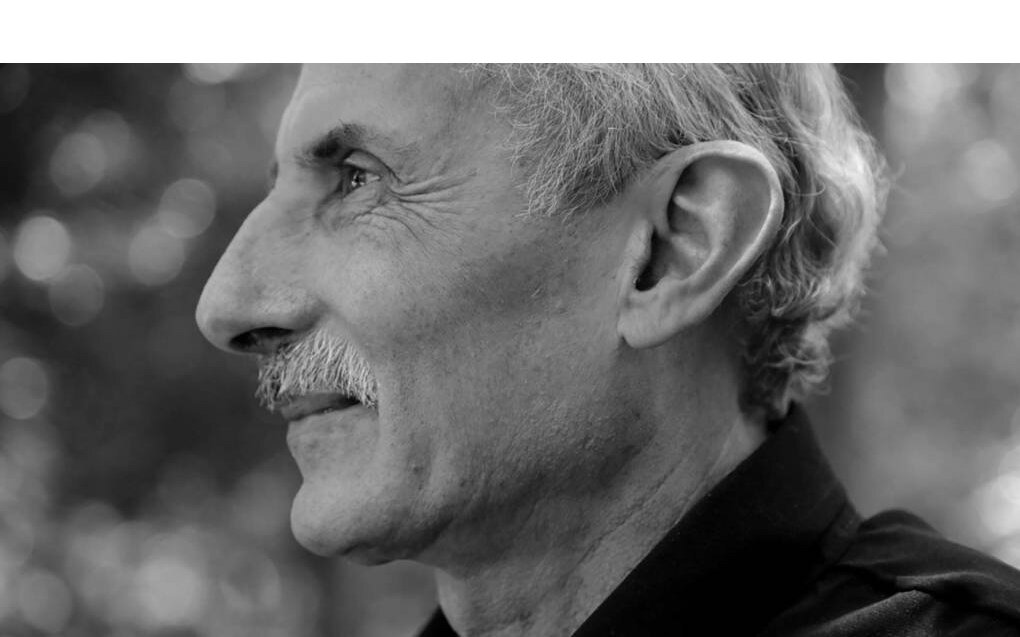
"Bringing Home the Dharma: Awakening Right Where You Are" by Jack Kornfield
RAIN is a useful acronym for the four key principles of mindful transformation of difficulties. RAIN stands for Recognition, Acceptance, Investigation, and Nonidentification. A line from Zen poetry reminds us, “the rain falls equally on all things.” Like the nourishment of outer rain, the inner principles of RAIN can be applied to all our experience, and can transform our difficulties.
BE A SUPPORTER OF MR. KORNFIELD’S WORK
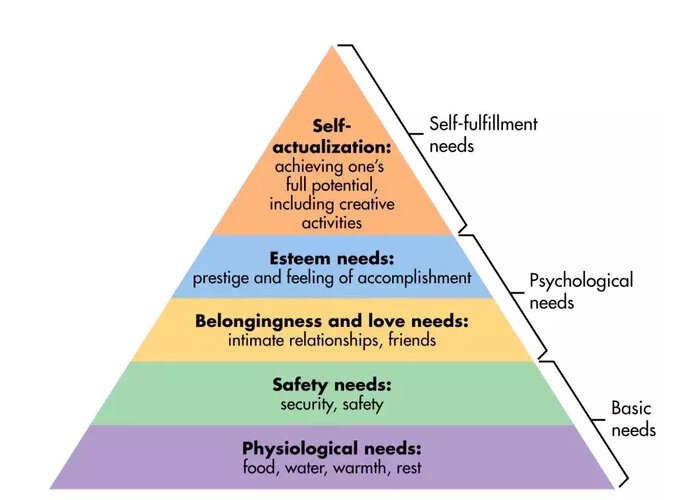
"The Evolution of Consciousness as Recorded in Ancient Times " by JC Tefft
When considering the underlying meaning and message of ancient scripture from the standpoint of evolving Consciousness, biblical stories reveal that the flowering of conscious Awareness amidst the Hebrew tribes was less about a ‘chosen people’ searching for their ‘promised land’ and more about a transformational progression within certain personages in Hebrew society from lower to higher ‘levels’ of conscious Awareness in their lifetime and in generations that followed. First one, then two, then four, and so on down the line, as an ever-growing number began to awaken unto the Light until at one point, in an instant, a sort of ‘grand mal’ awakening occurred in the person of Jesus wherein attachments to mental constructs of Mind collapsed entirely. Two others that we know of, the Buddha in India and Lao Tzu in China, were similarly transformed more than five centuries before.
BE A SUPPORTER OF J.C. TEFFT’S WORK
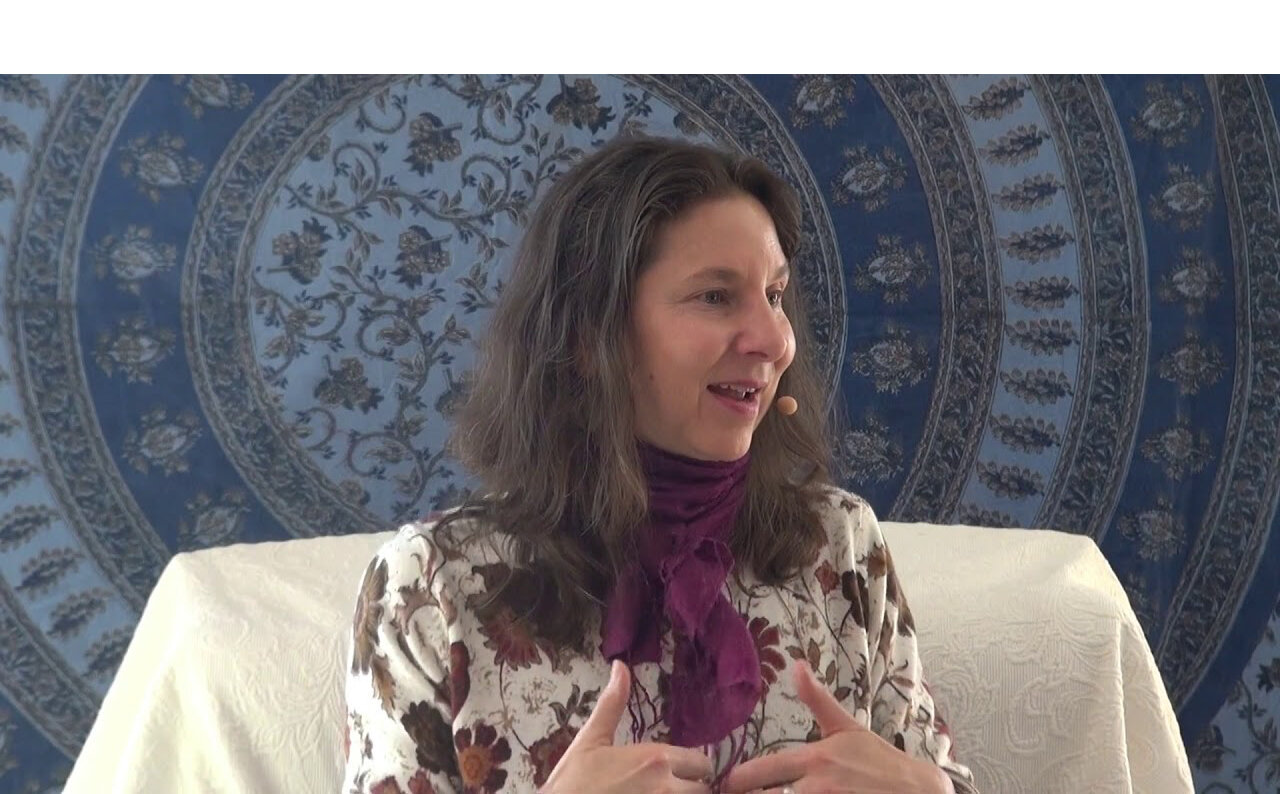
“Why Are Men Like That?" by Jeannie Zandi
I have heard this question asked in many different tones lately, but rarely with curiosity, concern and a sincere desire to understand. As an ally to men since the beginning of the Men's Movement of the late 80s, I would like to share, humbly as a woman, a bit of what I have gleaned over the past thirty years for anyone with a desire to understand those guys -- our brothers, fathers, sons, friends, and lovers, or anyone who grew up with men’s conditioning.
The first phrase I learned to say as a toddler was “Bad boy!” It was my weapon to get my mother’s attention when my older brother was doing something I didn’t like. It was the lens through which my mother, a product of her culture, related to children who had inconvenient feelings or uncooperative or unsavory behavior. From a very early age, I learned to relate to boys as their victim (and sometimes I was!), their boyish energy often seen as inherently oppressive to others. In turn, they learned to see themselves as bad boys and to try very, very hard to be good ones.
BE A SUPPORTER OF JEANNIE’S WORK
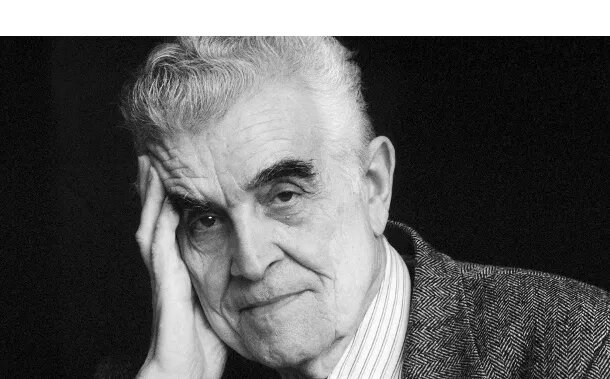
"René Girard’s Legacy" by Mark Anspach
Sometimes the greatest ideas appear to be simple ones. The famed critic and cultural theorist René Girard, who passed away at his Stanford home on November 4, 2015, gave the world a set of deceptively simple ideas that have changed the way we think about desire, violence, religion, and human nature itself.
What do people really want? Why do they fight? What is religion all about? And how did human culture get started in the first place? Girard tackled such bedrock questions head-on, offering boldly original answers expressed in admirably clear language. The last of the Grand Theorists, he was a sophisticated Continental thinker who always kept his feet planted firmly on the ground. His ideas are never purely theoretical. They help make sense of everyday life.
PLEASE SUPPORT the IMITATIO PROJECT
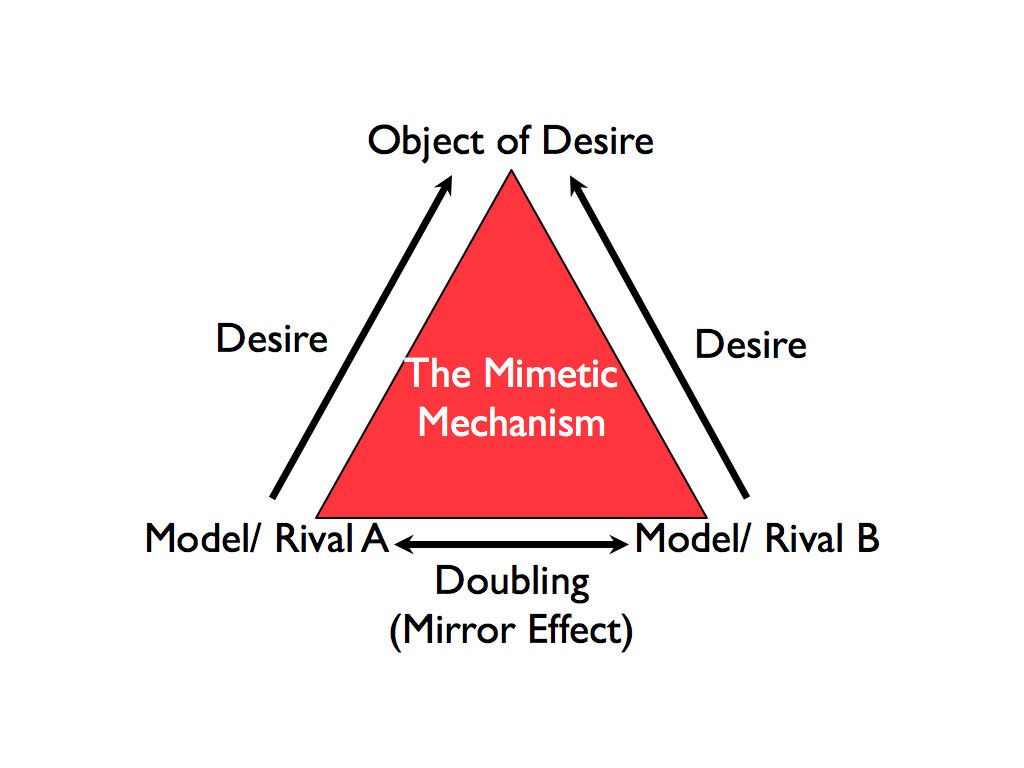
"René Girard and Mimetic Theory" by Mark Anspach
René Girard (1923-2015) is recognized worldwide for his theory of human behavior and human culture. In 2005 he was inducted into the Académie française, and in 2008 he received the Modern Language Association's award for Lifetime Scholarly Achievement. He was Professor Emeritus at Stanford University.
Back more than 50 years ago, René Girard started teaching French literature because he needed a job. He hadn't even read many of the books he was assigned to teach. Then, as he studied the classic novels of Stendhal and Proust with a fresh mind, staying one step ahead of his students, he was struck by a series of similarities from novel to novel. Unbound by any narrow research agenda, Girard discovered a simple but powerful pattern that had eluded sophisticated critics before him: imitation is the fundamental mechanism of human behavior.
PLEASE SUPPORT the IMITATIO PROJECT
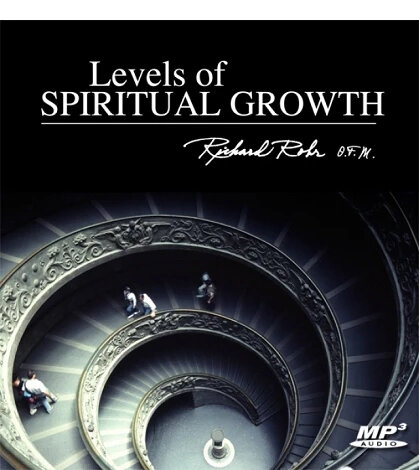
Richard Rohr’s Levels of Spiritual Development (Part 1-4) by Wes Eades
This morning at St. Paul’s I’ll begin to raise questions about what we mean by “spiritual formation,” which is the fancy term we now use rather than the older term “discipleship.” Anyone raised in a religious setting is familiar with the concept of “spiritual growth.” This concept is all over scripture, especially in the writings of the Apostle Paul:
When I was a child, I talked like a child, I thought like a child, I reasoned like a child. When I became a man, I put the ways of childhood behind me (1st Corinthians 13:11).
There have been many, many attempts to describe, in more detail, what this process of growth looks like. Rohr does an excellent job of integrating many of these attempts into the following “levels.” He presents this material in his book The Naked Now. I’ve relied very heavily on the summary is from this site in presenting this material.
I’ll open the conversation this morning with my elaboration on Ken Wilber’s metaphor of the warehouse, and then get into Rohr’s material.
Here’s the basic list of the stages:
BE A SUPPORTER OF EADES’

